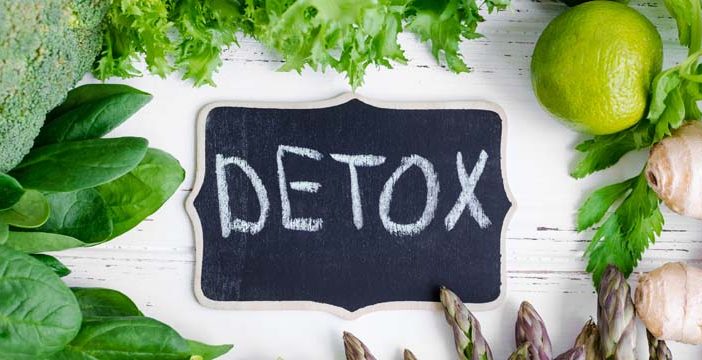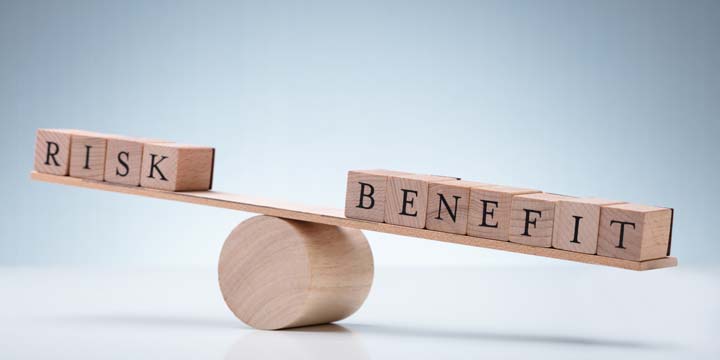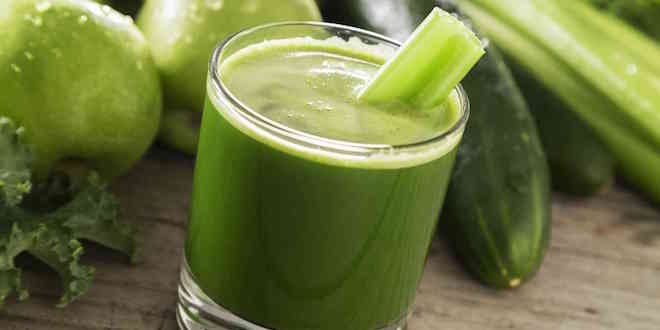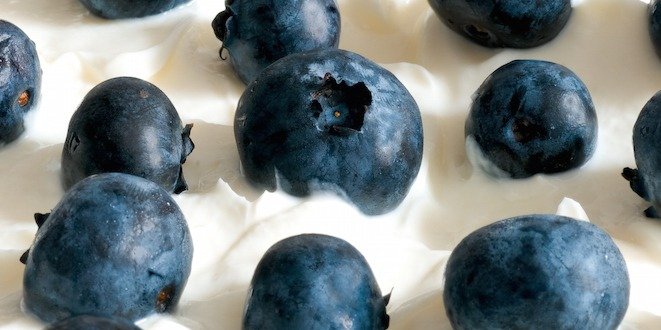
A number of detoxification diets and regimens – sometimes called “detoxes” or “cleanses” – have been suggested as ways for you to remove toxins from your body, lose weight and promote good health. Read on to learn more about detox diets and diabetes.
What is a detox diet?
A detox diet usually refers to a short-term diet that claims to help remove a variety of toxins from the body. Detox diets may vary in length from a few days to a few weeks. They often include additional supplements as part of the nutritional plan.
What are the different types of detox diets?
Detox diets may involve a single method or a variety of approaches. These include:
- Fasting. This is when you stop eating for a set period of time. Fasting is thought to give your organs a rest, allowing them to heal and function better.
- Juice fasts. This involves drinking only juices, fruit smoothies or water-based beverages such as cucumber water, lemon water or herbal teas. Supporters of this detox method claim that it allows your digestive system to rest, while still getting plenty of vitamins and antioxidants.
- Restricted diet. This is where you stop eating certain food groups thought to introduce toxins or slow the digestive process, such as processed foods, red meat, dairy products and grains. Instead, you focus on eating organic fruits, vegetables and healthy fats.
- Raw diet.Advocates of this plan argue that raw, uncooked foods are healthier because cooking destroys nutrients and introduces harmful substances. This diet allows you to eat fresh produce, nuts and seeds, whole grains and beans.
- Dietary supplements. Many over-the-counter supplements and herbs are marketed as helping your body to remove toxins. For example, green tea, milk thistle and turmeric are thought to help your liver better filter out toxins. Dandelion root is said to support kidney and gallbladder health. It is important to note that many of these products are not regulated and have not been adequately tested in clinical trials. Always talk to your diabetes healthcare team before using any of these supplements.
- Colon cleansing. These regimens involve cleansing the colon (your lower intestinal tract) with enemas, laxatives or water; they are also known as “colonic irrigations” or “colonics.”
What foods are included in a detox diet?
Foods that are commonly allowed on a detox diet include:
- Vegetables
- Fruits
- Lean meats and fish, such as chicken, turkey or tuna
- Nuts and seeds
- Herbal teas
- Fresh juices
What foods are avoided in a detox diet?
Foods that are commonly avoided on a detox diet include:
- Refined sugars and artificial sweeteners
- Foods and drinks that contain caffeine, such as coffee and chocolate
- Alcohol and wine
- Fatty meats, such as beef and pork
- Dairy products
- Gluten-containing foods, such as cereal, bread and pasta
Do detox diets work?
While detox diets are a popular trend, their effectiveness is more complex than represented by many supporters of this type of diet. Here are some considerations if you are thinking about a detox diet.
The body’s natural detoxification process. Your body already has a built-in detox system, mainly through the liver, kidneys and digestive system. These organs work continuously to filter out toxins and waste. That’s why many medical experts argue that there is no need for a specific detox diet, because your body is already designed to handle it.
Short-term weight loss. Many detox diets restrict certain food groups or focus on liquid-only consumption, which can lead to short-term weight loss due to calorie restriction or water loss. Unfortunately, this weight loss is usually not sustainable and you may gain the weight back once you return to your normal eating habits.

Uncertain health benefits. Some detox diets may encourage eating more whole, plant-based foods, which can be beneficial for overall health. But there is limited scientific evidence showing that specific detox diets lead to long-term health benefits. In some cases, they might even cause nutrient imbalances if they are too restrictive.
What are the risks of detox diets?
There a number of risks associated with detox diets:
- Diets that severely restrict calories or the types of food you eat usually don’t lead to lasting weight loss and may not provide all the nutrients you need.
- Drinking large quantities of water or herbal tea and not eating any food for long periods of time can lead to an electrolyte imbalance, which can lead to serious problems, including coma, seizures and heart attack.
- Some detox products have been found to contain potentially harmful ingredients (for example, high used in detox diets that have not been pasteurized or treated in other ways to kill harmful bacteria can make people sick. The illness can be serious in children, elderly people and those with weakened immune systems.
- Certain detox beverages are made from foods that are high in an organic substance called oxalate (for example, spinach and beets). Drinking large quantities of high-oxalate juices can increase the risk of kidney problems.
- levels of lead or arsenic).
- Juices

Are detox diets safe for people with diabetes?
Some detox diets can be very strict, especially those that involve fasting or extreme restriction of food groups. Detox diets often involve very low-calorie intake or drastic changes in carbohydrate consumption, which can lead to unpredictable blood sugar spikes and crashes, making it difficult to manage diabetes effectively. They also could lead to nutrient deficiencies, dehydration or slowed metabolism, which is especially risky for people with diabetes. That is why detox diets are not recommended for them. Rather, people with this condition benefit most from a balanced nutrition plan, which includes eating a variety of healthy foods and eating 3 well-balanced meals each day.
While detox diets may lead to short-term weight loss, they have not been proven to be more effective than maintaining a healthy, balanced diet and lifestyle. If you are considering a detox diet, it’s important that you speak with your diabetes healthcare team about the benefits and risks to your health.





